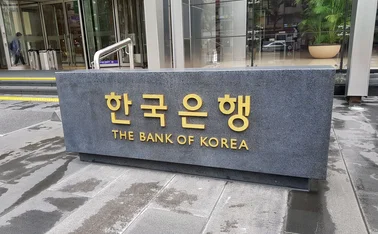
Talk of restructuring worsened turmoil: Bini Smaghi

Eurozone officials' talk of a restructuring of Greece's debt was a key factor in the re-emergence of financial market jitters, Lorenzo Bini Smaghi, a member of the executive board of the ECB, has said.
The ECB has since last May bought around €75 billion ($108 billion) of sovereign debt through its securities markets programme. But with spreads between German bunds and peripheral debt at record highs, the programme is seen as having failed.
However, in an interview with Central Banking
Only users who have a paid subscription or are part of a corporate subscription are able to print or copy content.
To access these options, along with all other subscription benefits, please contact info@centralbanking.com or view our subscription options here: http://subscriptions.centralbanking.com/subscribe
You are currently unable to print this content. Please contact info@centralbanking.com to find out more.
You are currently unable to copy this content. Please contact info@centralbanking.com to find out more.
Copyright Infopro Digital Limited. All rights reserved.
As outlined in our terms and conditions, https://www.infopro-digital.com/terms-and-conditions/subscriptions/ (point 2.4), printing is limited to a single copy.
If you would like to purchase additional rights please email info@centralbanking.com
Copyright Infopro Digital Limited. All rights reserved.
You may share this content using our article tools. As outlined in our terms and conditions, https://www.infopro-digital.com/terms-and-conditions/subscriptions/ (clause 2.4), an Authorised User may only make one copy of the materials for their own personal use. You must also comply with the restrictions in clause 2.5.
If you would like to purchase additional rights please email info@centralbanking.com







